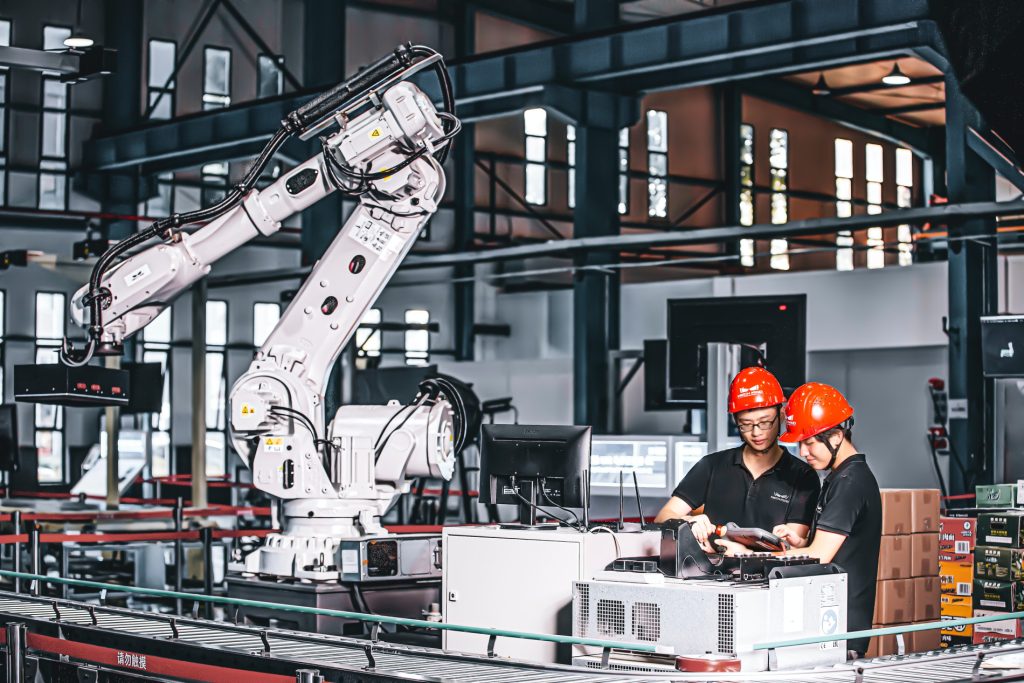Workplace mobility is a business strategy that motivates the employees to work from anywhere, at any time and from any device. With this, companies are now able to hire employees from any part of the world with different skill sets. Companies are also sending their employees to other countries with the necessary resources and infrastructure to do the work.
Workplace mobility is a business strategy that motivates the employees to work from anywhere, at any time and from any device. With this, companies are now able to hire employees from any part of the world with different skill sets. Companies are also sending their employees to other countries with the necessary resources and infrastructure to do the work.
When you give your worker’s workplace mobility, it gives them a better work-life balance. Benefits of Workplace Mobility:
1. Enhances Productivity
Mobile devices now provide access to the company’s resources that could previously only be accessed from a PC, giving access to the company’s e-mails and applications without being tied down to a single location. With the development of mobile apps, workers are motivated to work from their phones or tablets. With more options to work away from the office, employees are able to provide better services to a client which leads to greater productivity.
2. Cost Savings
It helps in saving of operational costs as some people can work remotely. It can also reduce wages if a specific area has a lower standard of living. Moreover, landlines are very expensive and most often they are underutilised. With the expanding outreach of mobiles all over the world, it is becoming easier as well as a smarter choice for employers.
3. Broader Talent
Organisations are now able to collaborate with people from all over the world. This has led to an improvement in many businesses growth as now they are able to find people with better expertise and knowledge to get the job done. Also, the opportunity to hire workers from different areas enhances the companies’ talent pool and diversity.
4. Improved Access
By transferring the employees to a better location, the company can have better access to resources like raw materials and existing infrastructures, which is beneficial for a company’s performance.
5. Improved Flexibility
Mobile apps and software are allowing business owners and employees to store and share information in real-time to enhance the overall efficiency by providing the team with a flexible working atmosphere. Flexibility and transparency are the key elements for a successful enterprise.
6. Greater Customer Satisfaction
When a company resolves business problems or queries in real-time, then the level of customer satisfaction increases. The incorporation of live chat options on social media is a very good step in order to improve customer satisfaction as well as in building trust.
So a rapid expansion of workplace mobility is becoming useful and a smart choice for companies all over the world.









